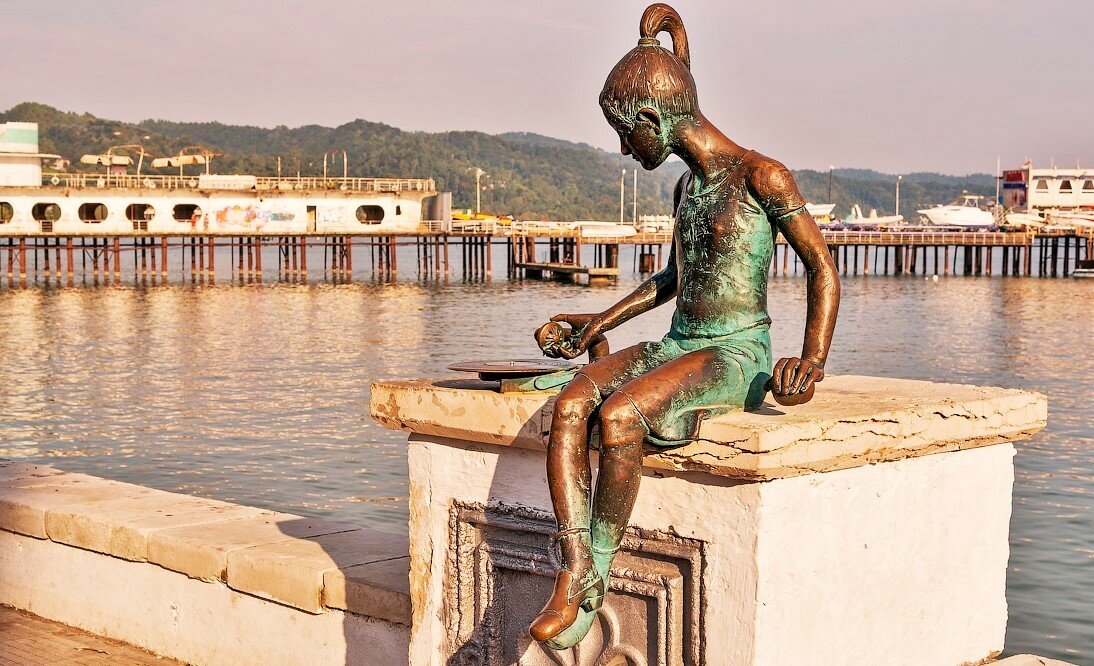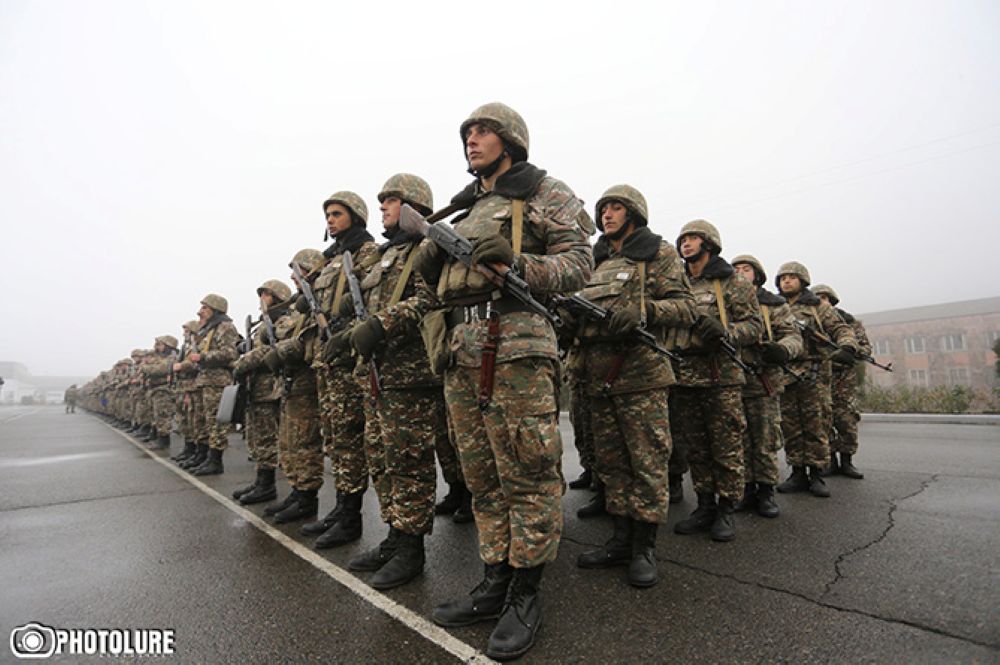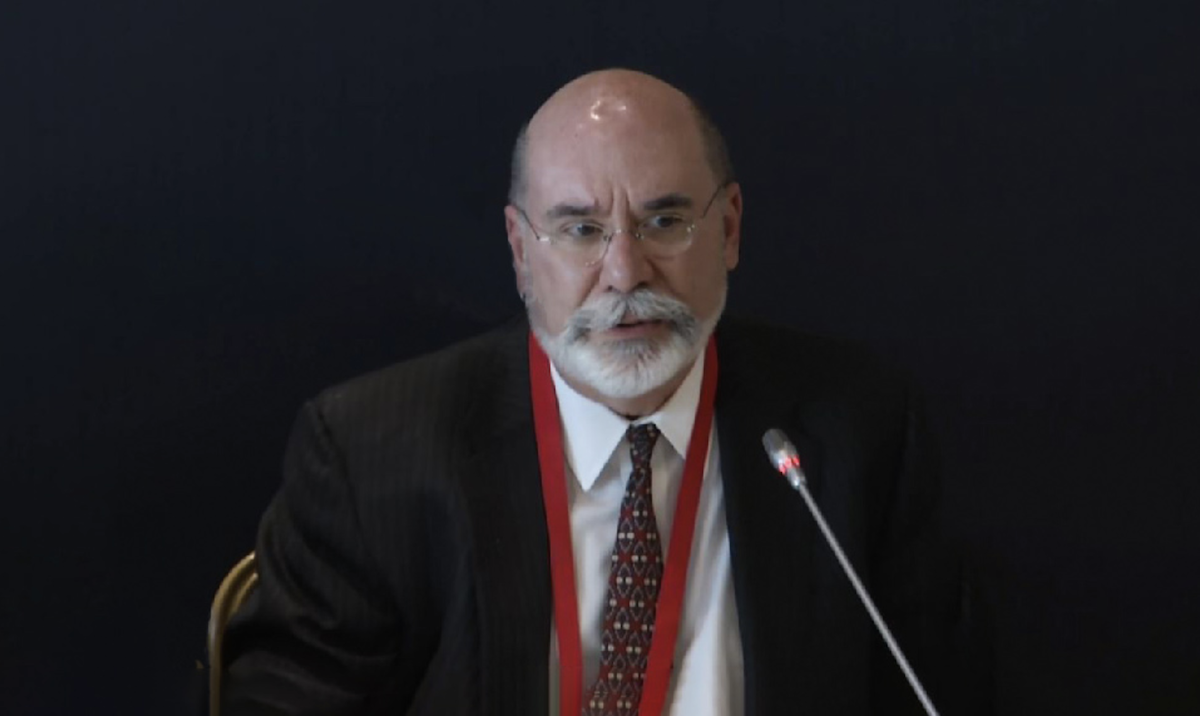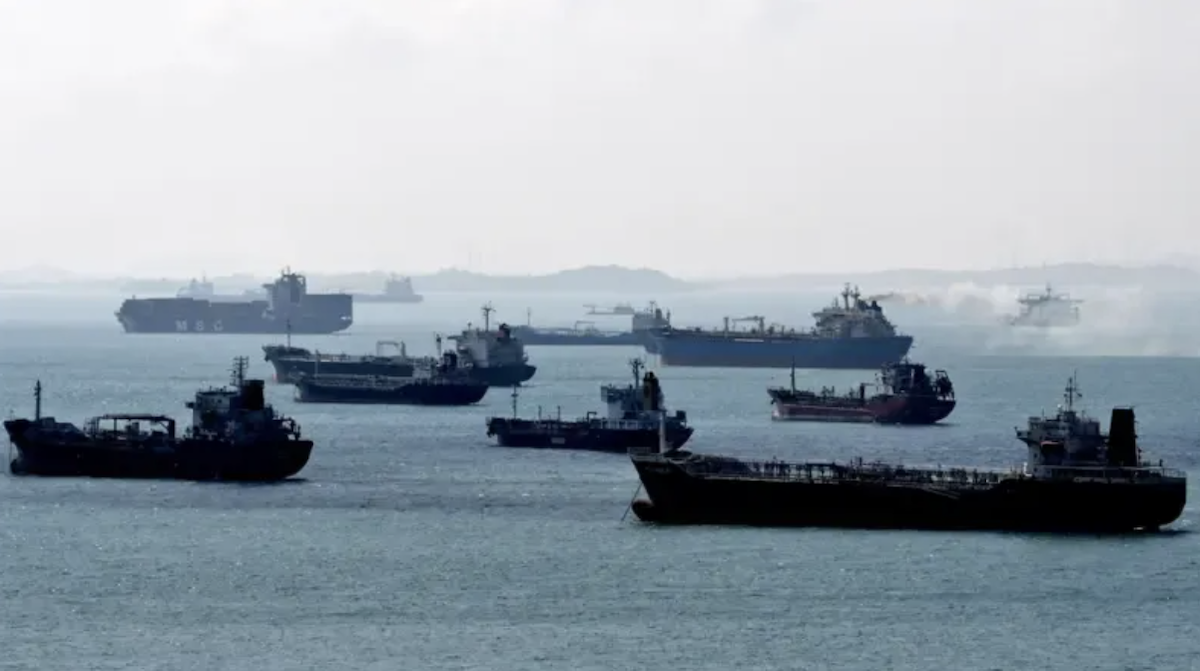Russian investments to overcome the energy crisis in Abkhazia?
Energy crisis in Abkhazia
The Abkhazian government states that it is unable to overcome the energy crisis in Abkhazia on its own. It is thought that part of the republic’s energy facilities will be sold to Russian businesses. The opposition is against this, and the people fear it will lead to higher energy costs.
Anxious autumn
Abkhazians spent autumn worrying about winter as they followed daily reports about the latest drop in the water level in the reservoir which supplies the Inguri hydroelectric power station (Ingur HPP). Only a couple of meters remained until the critical level of 413 meters, after which the station would switch to emergency operation.
With such a critical decrease in the level, water wouldn’t enter the diversion tunnel and generation would be reduced by five times. For Abkhazia, this would mean the introduction of strict energy rationing, with ten-hour daily blackouts.
The situation could only be corrected by a supplementary flow of electricity from Russia, which Abkhazia has relied on quite often for the past three years. Every year agreeing with Moscow becomes more difficult, yet once again Russia helped Abkhazia: at the end of November, the long-awaited electricity from the Russian Federation flowed into the republic.
But the price of this assistance is quite high — effectively the denationalization of the Abkhaz energy sector.
- Camel blanket and home circus – how Abkhazians are experiencing “dark times”
- Scandal over possible theft in public procurement in Abkhazia
- Dual citizenship in Abkhazia: not a luxury, but a means of transportation
The Ingur HPP, the only station supplying Abkhazia with electricity, is unique in itself. One part of the dam is located on the Georgian bank of the Ingur River, and the station control panel is on the Abkhazian side.
Almost thirty years have passed since the end of the Georgian-Abkhaz war of 1992-93, and throughout this period the station has distributed energy according to a gentleman’s agreement, having literally shaken hands without signing anything; 60% of the product goes to Georgia, 40% to Abkhazia.
Until recently, Abkhazia was able to meet demand. The tariff for consumers until June 2022 was very low — 45 kopecks [about $0.007] per sq/h for individuals and 80 kopecks [about $0.013] for legal entities. Fees never exceeded 30%, and losses in the delivery of electricity to the consumer due to the deterioration of the network amounted to 30%.
How cryptocurrency affected the energy crisis in Abkhazia
The situation worsened a few years ago when cryptocurrency mining farms appeared in Abkhazia, which consume a lot of electricity. In 2020 energy consumption in Abkhazia was 2 billion kW; a year later it increased to 3 billion kW.
“This has never happened before. Our enterprises and factories didn’t do it — it was all mining farms that brought the energy system to collapse. Two years ago we said that this would lead to a disaster, but we were not heard,” Dmitry Ardzinba, a former member of the Abkhazian parliament, says.
In October 2020 the government decided to curb illegal mining by legalizing it and thereby solve the problem of energy shortage, as by that time the republic had already spent its annual quota. But this made the energy crisis in Abkhazia even worse. Electricity consumption increased even more, and the networks could not withstand the load.
The result was accidents, many hours of rolling blackouts throughout the republic, and zero income to the treasury from mining. The new law lasted a little over a month, after which the government had to urgently repeal it and declare war on illegal mining.
However, the real “war” with crypto farms never happened. At the beginning of the campaign, several large farms were covered for television cameras, and with this the “struggle” in fact, ended, moving from an active phase to a sluggish one.
“Even then we said that the decision to legalize it was an economic sabotage. Now there is no doubt about it. This was done on purpose to kill our energy system,” says Dmitry Ardzinba, who believes that the authorities are deliberately bankrupting the energy system in order to sell it further.
Authorities in favor of attracting Russian business
President Aslan Bzhaniya has already announced how the authorities intend to overcome the energy crisis in Abkhazia once and for all — the denationalization of the industry.
According to Bzhaniya, the state will not be able to cope with industry shortfall and regular emergency power outages and a lack of generation.
“There is no solution to this problem based on our budgetary possibilities. To bring the energy system out of the crisis, according to experts’ calculations in 2017 at least 20 billion rubles [about $329 million] is required, and the share in state budget is only 6.5 billion rubles [about $107 million],” the president explained.
Bzhaniya sees the way out in reforming the industry and attracting tens of billions of rubles from private investment. In his action plan, the president did not actually mention that Russian business would be brought in, but the amount of the investment proposal (obviously impossible for a hypothetical Abkhazian investor) implies it.
There is no official information about what exactly in the Abkhazian energy sector would be sold to Russian business. But unofficially, it is thought to be the privatization of transmission networks and three idle hydroelectric power stations on the Ingur River, which are located on the Abkhazian side.
The main condition for the reform, Bzhaniya says, is the preservation of the key role of the state in managing the energy system.
But there is absolutely no certainty that the process will follow exactly this scenario and the tariff for energy consumed, which is now quite low – 90 kopecks [about $0.015] per kWh for individuals and two rubles [about $0.033] for legal entities – will likely be affected.
Opposition – for independence
The opposition believes that the energy crisis in Abkhazia can be overcome on its own “simply by working effectively.”
“There are consumers and there is a product. Abkhazia does not pay for generation; these are generally unique conditions. All that needs to be done is to take it for free from the manufacturer and convey it to the consumer. And if they [the government] can’t even do that, they need to pack their bags and say, “We failed!” It is impossible to govern the country if they cannot deliver a free product to the consumer,” opposition member Garry Kokaya declares.
Toponyms and terminology used by the author, as well as views, opinions and strategies expressed by them are theirs alone and do not necessarily reflect the views and opinions of JAMnews or any employees thereof. JAMnews reserves the right to delete comments it considers to be offensive, inflammatory, threatening or otherwise unacceptable



















